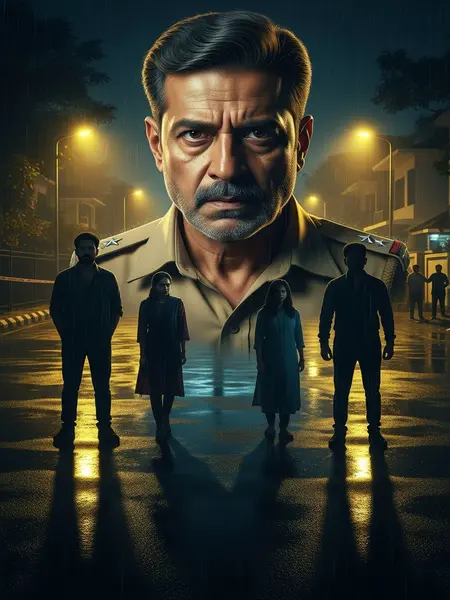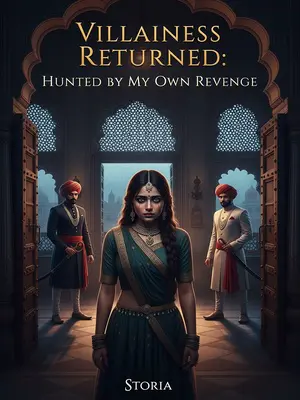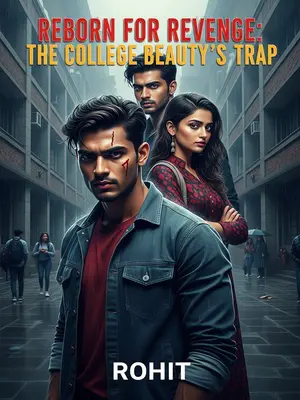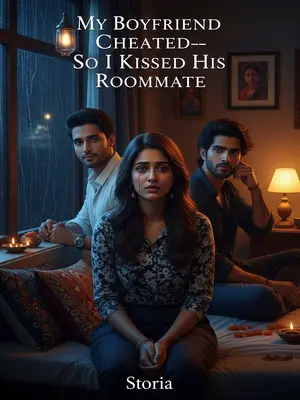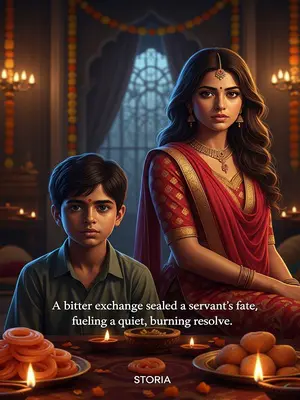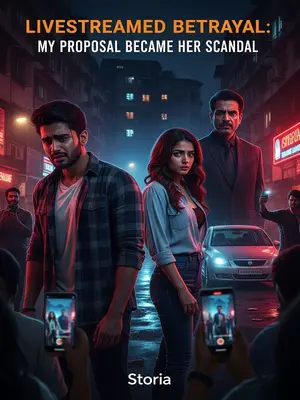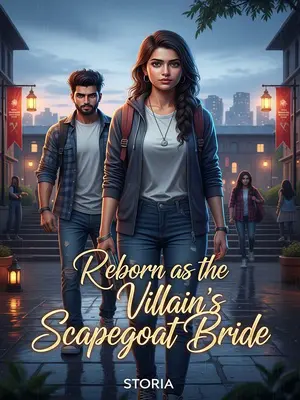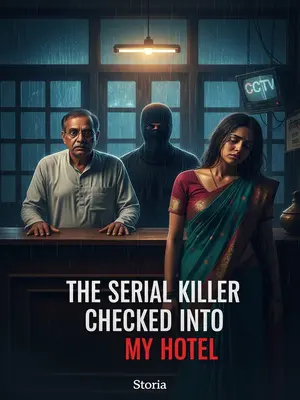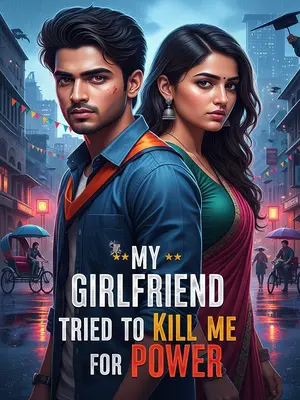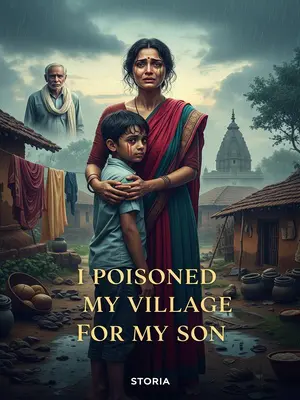Chapter 5: The Last Swap
After work, Amit called for biryani. “We’ve earned it, yaar. Let’s celebrate.”
We went to Lucky Biryani House near MG Road. The biryani’s aroma mingled with the chatter of college students at the next table. Amit licked his fingers, grinning as he handed over the last piece of chicken.
I stared at the rising steam, lost in thought.
The rice swirled on the steel plate, but my mind was elsewhere. The voices of the Mehtras, Priya, and Kunal tangled in my head.
“Old Amit, something’s not right about this case.”
Amit grinned, patting his generous belly. “You and your suspicions, Suresh. Even after it’s over, you don’t let go!”
Amit waved. “Old Suresh, I know what you’re thinking. We suspected an accomplice or a grudge, but nothing turned up. We solve on evidence. Bas, ho gaya.”
He dipped a piece of rumali roti in the salan, shaking his head. “Eat, yaar.”
“Come on, you don’t eat kaleji, so this chicken’s for you. Give me your kaleji. Are you sure you won’t try it? It’s delicious.”
We always joked like this—trading pieces of meat, balancing life’s mysteries with simple food.
Kaleji, chicken. Kaleji, chicken.
The refrain echoed, growing louder. I looked at the brown liver, then the soft chicken—two things with nothing in common, always swapped at our table. Suddenly, a pattern emerged.
My heart hammered so loudly I could barely hear Amit’s protests. The world narrowed to the single word echoing in my mind: swap.
Like the jolt of cold water in December, everything snapped into place. I gripped the table’s edge.
The killer was Kunal, and yet not Kunal.
The words fell into my mind like the last piece of a jigsaw finally clicking into place after hours of searching. ‘Killer Kunal, but not really Kunal…’
I dragged Amit out of the restaurant. He shouted, “Old Suresh, what are you doing? Arrey, even police can’t dine and dash! My kaleji!”
As we rushed out, Amit’s protests faded behind us. The waiter yelled, “Sahab, bill toh deke jao!” But nothing mattered but the truth now within reach.
……
At ten, only a few staff were left at the station.
The fluorescent light flickered, mosquitoes buzzing. Most officers had gone home, but I was wide awake, adrenaline surging.
I picked up a pen and drew a relationship diagram on the whiteboard.
Lines and names connected like the web spun by the old spider outside my kitchen window. Every time I thought I had the answer, the lines twisted, hiding the truth.
The Mehtras were dismembered after death. Later, police found only part of the remains at the dump. The rest had been eaten by stray dogs, digested beyond recognition. The three bodies could not be pieced together.
The photos haunted me. Body parts chewed, scattered, lost forever—like evidence swallowed by time itself.
The killer had a grudge against the Mehtras. Dismemberment could be rage, but why dump the bodies at the garbage dump?
Logic demanded a reason. Sometimes, it’s not anger but cold calculation—to hide, to erase, to swap.
Amit gnawed instant noodles, staring blankly: “Of course, it’s to humiliate them. Having their bodies eaten by stray dogs shows the killer hated the Mehtras.”
He slurped his Maggi, eyes red with fatigue. “Log kya kahenge, sir? This is the ultimate insult in our society.”
I nodded. “Not just that. Maybe there was something on the bodies the killer had to hide, lost in the flesh digested by stray dogs.”
Perhaps a tattoo, a scar, a birthmark—something that could lead us to the real story.
The killer must have had a social connection to the Mehtras.
We checked backgrounds, phones, school records. Every thread led to a dead end.
Amit sighed. “Sir, yeh toh Bermuda Triangle hai. Jo bhi jaata hai, wapas nahi aata.”
In fact, Kunal truly had no link to the Mehtras—never met, no grudge.
It was as if fate had plucked their names from a hat and thrown them together on the worst night of their lives.
Amit shook his head. “Back to the start—Kunal’s motive. If all else fails, it’s just random. Maybe he wanted a thrill.”
Amit leaned back, lips moving silently as if praying for clarity.
“There’s another way to see it. Remember the biryani? You like kaleji, I like chicken, so we trade. Or, you don’t like chicken, I don’t like kaleji, so we swap.”
The words hung in the air, heavy with meaning. In India, a meal often hides a thousand secrets—a deal struck, a favour owed, a promise kept.
The key to solving a murder is motive. CCTV can be dodged, appearances disguised, but motive is the hardest to hide.
That’s what makes it so hard to catch those who truly plan their crimes. The heart, after all, leaves the deepest fingerprints.
So, think differently: kill a stranger, have no motive, avoid CCTV—that’s the perfect crime.
In the end, all the logic of forensics, all the science of deduction, can be upended by a single, simple truth: sometimes, you don’t kill for yourself—you kill for someone else. You hide your pain behind another’s mask.
‘You kill my enemy, I kill yours.’
And as I stared at the empty biryani plate, I finally saw the face of the real killer—someone I’d trusted all along.
